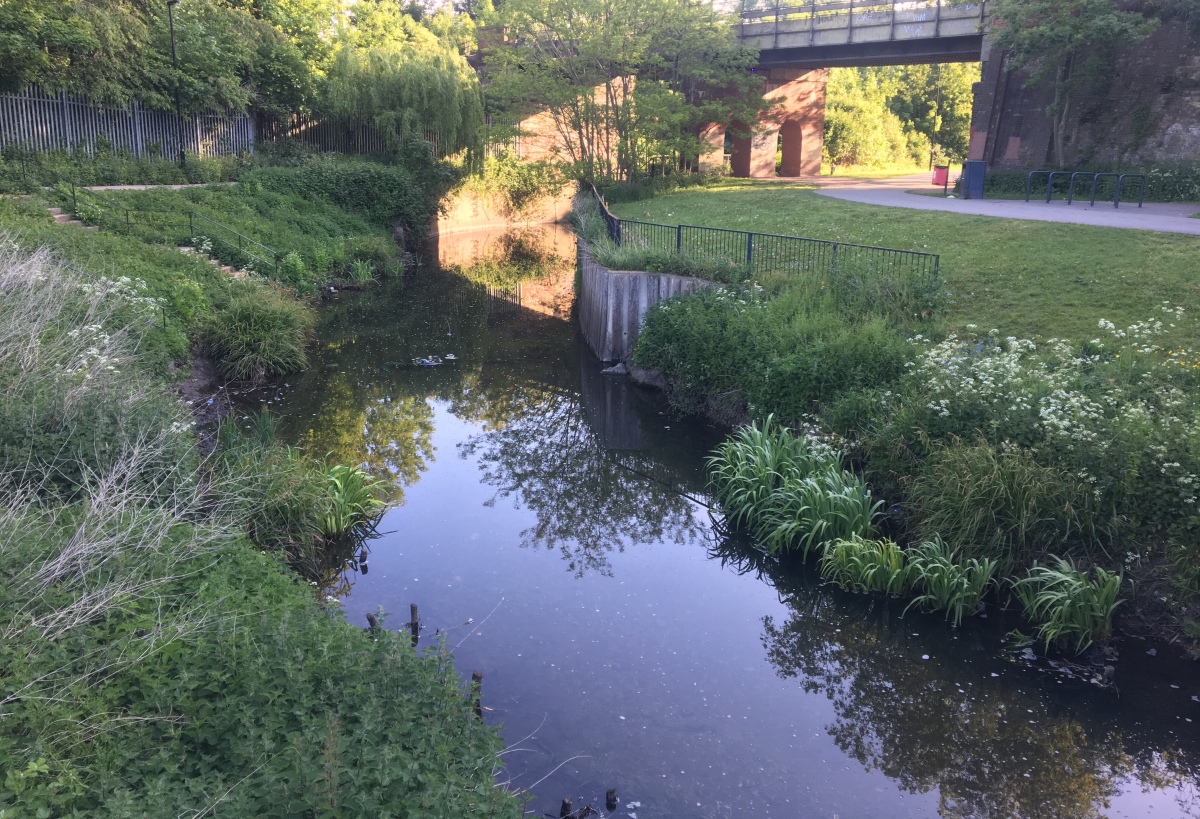How can we positively re-wire our future?
Since 1989 I’ve been mapping out possible green futures that might be shaped with emerging technologies by 2021. In 1989 I wrote a story outlining what this possible future might look like called Homi and the NeXT One which was also based on the core idea that we needed to develop participatory democracies to replace our corrupt, ineffective and environmentally damaging representative democracy. On various occasions since then I’ve tried to flesh out some aspects of what that might mean, here are some of those ideas that might be worth considering in the new normal.
Heutagogy and Education; A key dimension in my work, as I’ve spent a lot of time in education working on digital learning systems (see #LearnTeach21), is the concept of Heutagogy. Coined by Stewart Hase in 2001 as “self-determined learning” I see this as also being about creative pedagogies of learning where we don’t believe in the educational mantra of “better living through taxonomy” and instead we try and develop everyone to their full creative potential, rather than restrict them to their earning potential. I run World Heutagogy Day every year and try and capture a new dimension in learning that year. We anticipated the current health crisis in 2017 calling for Health Participation Centres but Creativity in Learning 2016 is most informative.
WikiQuals and Self-determined Accreditation; In 2011 I was involved with Occupy at UCL and they asked me to design an alternative Masters degree as they didn’t want to continue paying UCL for their education. As part of the weekend long “University Project’ in London September 2011 I workshopped an approach called WikiQuals, which Kate Faragher and many others have been working. I have many ways of implementing this but perhaps the best most clearly expressed in WikiQuals & Open Learning
Solve the Problem That Annoys You Most; One of the principles we established as part of WikiQuals is that we should “solve the problem that annoys you most” (Philippa Young) and having run a workshop on WikiQuals at WikiMania 2014 I was then invited to expand this approach at the SenseCamp in Brussels. Perhaps this is particularly relevant as we now consider a possible post-Covid19 “new normal”
Changing Society by Learning Beyond the Classroom. in 2011 we set up a project MOSI-ALONG turning Manchester into an Ambient Learning City to learn how we could design “learning beyond the classroom. We kind of failed but learnt a lot especially two big things. Firstly everything we do is framed by existing metaphors that we leave unexamined. In designing “beyond the classroom” learning we needed to coin new metaphors of learning as Everything is a Metaphor. We then tried to consider what that might mean if we wished to be Designing Participatory Social Cities;
Third Places and City 2.0; I was part of an EU Erasmus+ project looking at new digital places that weren’t just “plug and play” but had many social characteristics that helped them make a broader difference to their community, called the Origin of Spaces. We worked with Bilbao, Bordeaux, Lisboa and Pula (Croatia) (#OOSEU) and I realised we were looking at a new form of Third Place enhanced with digital characteristics.
Putting Context into Knowledge. However I think our biggest problem is our thinking. Or put another way our current (scientific) epistemology is itself both the source of our many current crises, especially the environmental one, but also precludes solutions because we value abstracted thought and “rationality” above all else; we have what I call “decontextualised” knowledge and we need to put context back into knowledge and learning the liberating values of ecological constraints;
The Republic of Learning. Currently I am working on the idea of creating a Republic of Learning as a modern update of the Republic of Letters (the medieval Internet) that Erasmus began 500 years ago and I’ve been blogging about it on the Republic of Learning blog.
And Finally; I am also working on ideas relating to Policy 2.0 concerning participatory political policy making involving everyone (think of neighbourhood budgetting and “commons” approaches) and asked David Graeber to help set up a Participatory Papers project but he was too busy writing his book on democracy.
Fred Garnett 15 May 2020

